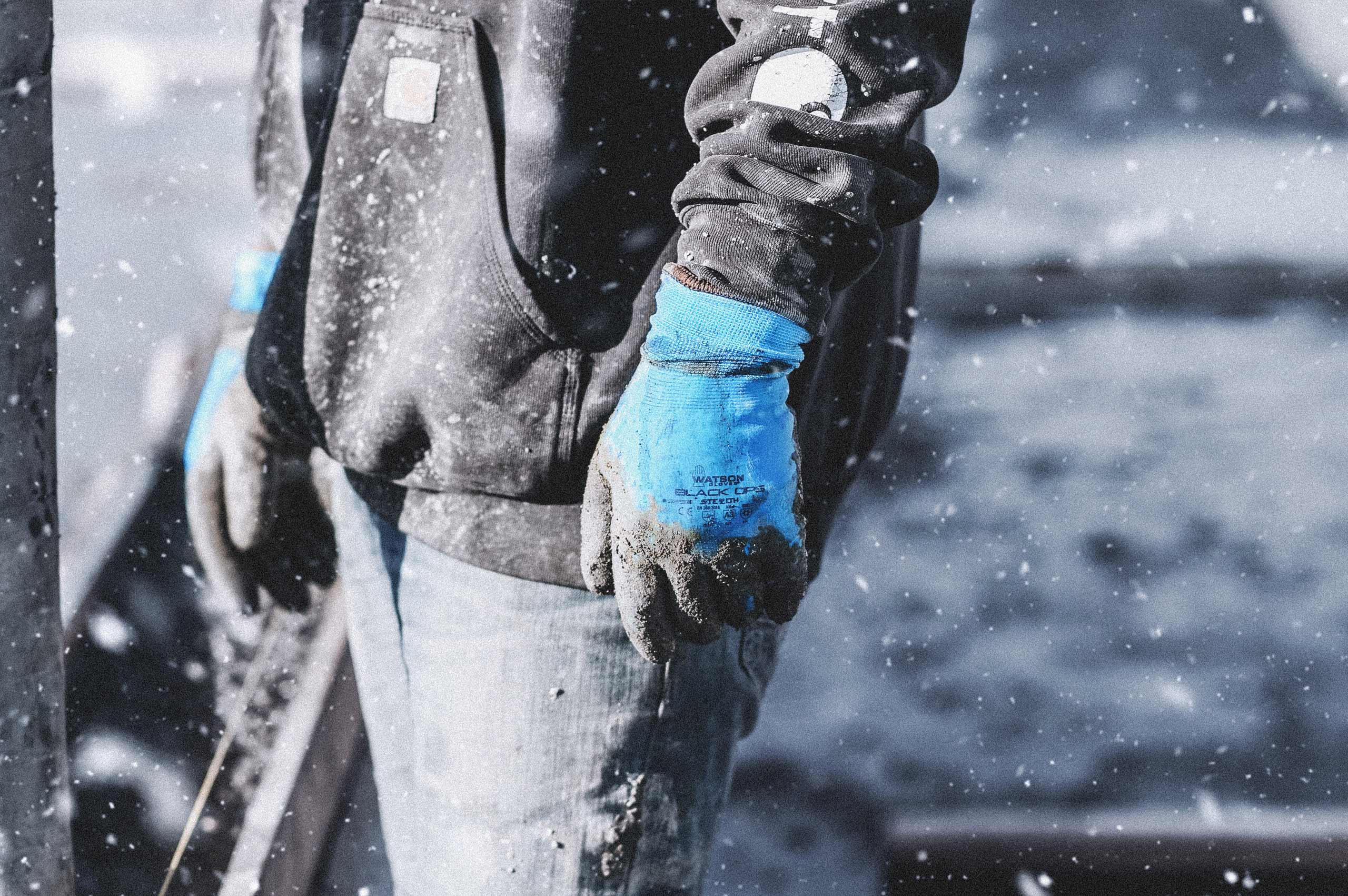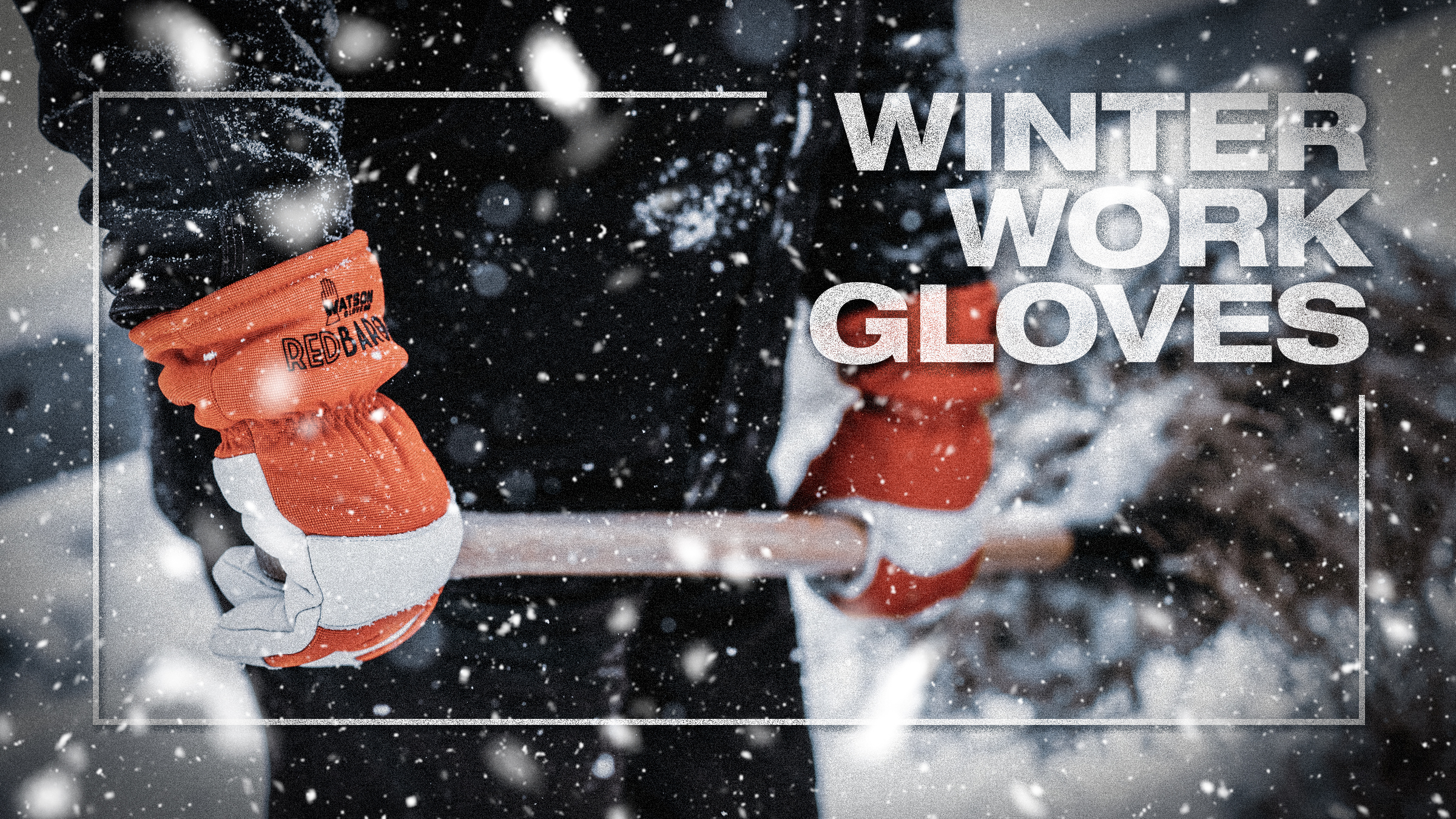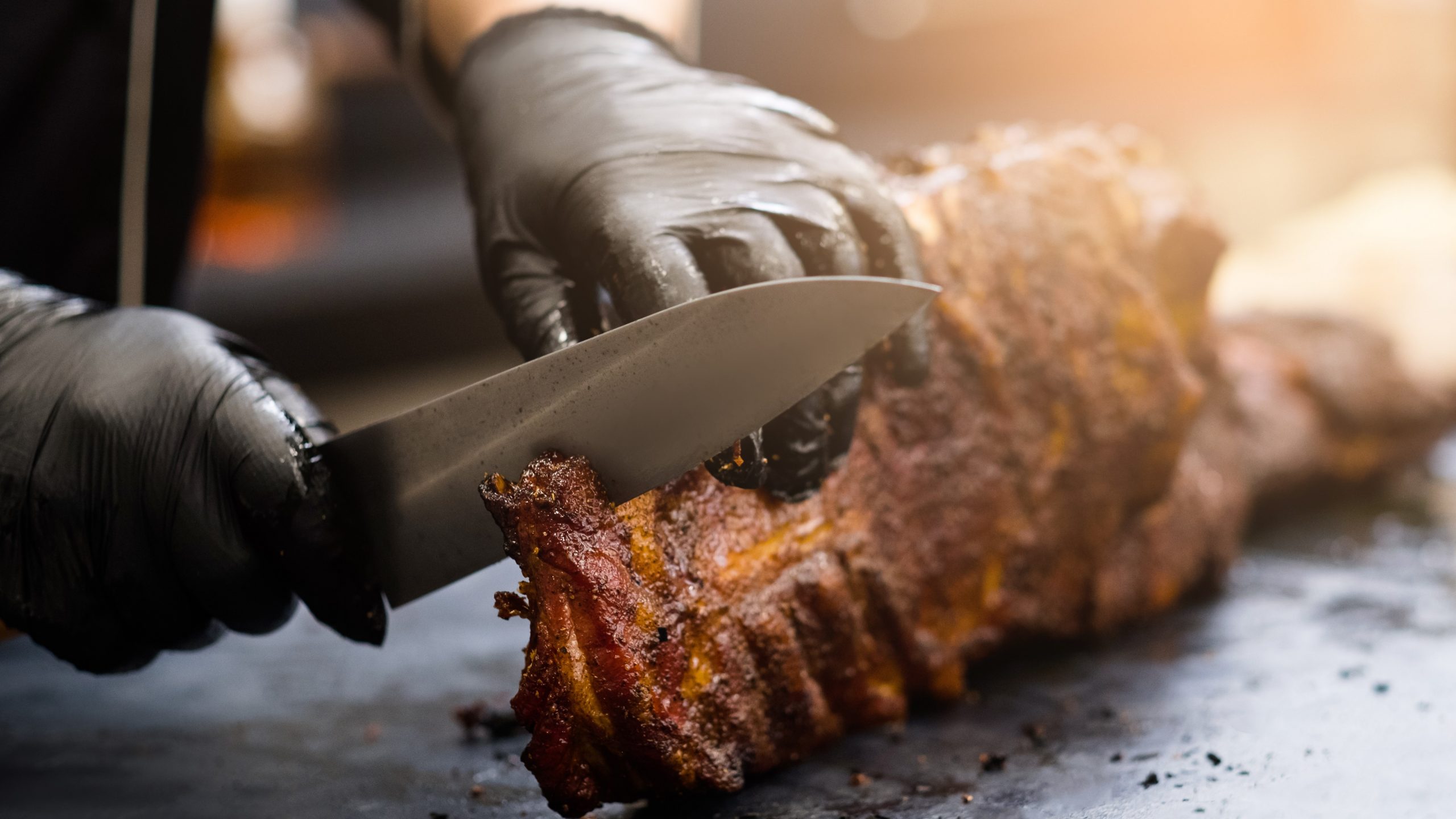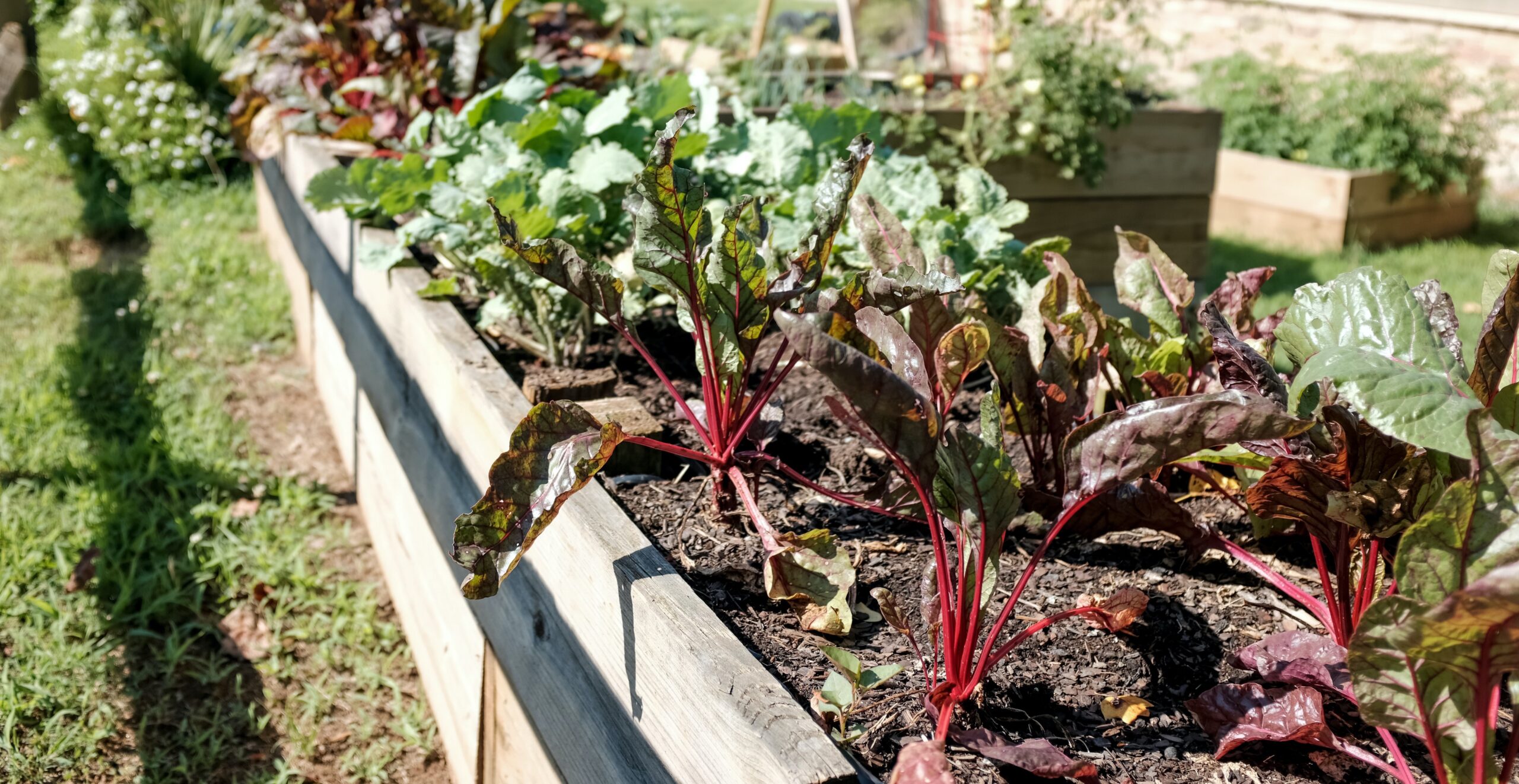Archives
The Ultimate Winter Work Glove Guide for 2023/24

How to Choose the Right Leather Glove

5 Quick Tips for Working in Cold Weather

ANSI/ISEA 138 – The Impact-Resistant Gloves Standard and What You Need to Know in 2022

The Ultimate Winter Work Glove Guide for 2022

15 Ways to Beat the Heat When Working Outside at the Jobsite

Fortunately, we have all the essential tips to reduce overheating when working outside. We understand many occupations that involve outdoor work cannot simply be put to a halt. Knowing the ways you can protect yourself in the hot heat though will keep you both safe and productive.
5(ish) Things to Look for in a BBQ Glove

The Ultimate Winter Work Glove Guide for 2021

Holiday Glove Gift Guide 2020

Find Success in Your Backyard with a Victory Garden





